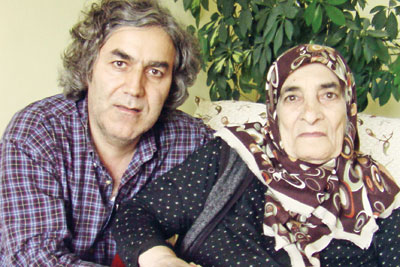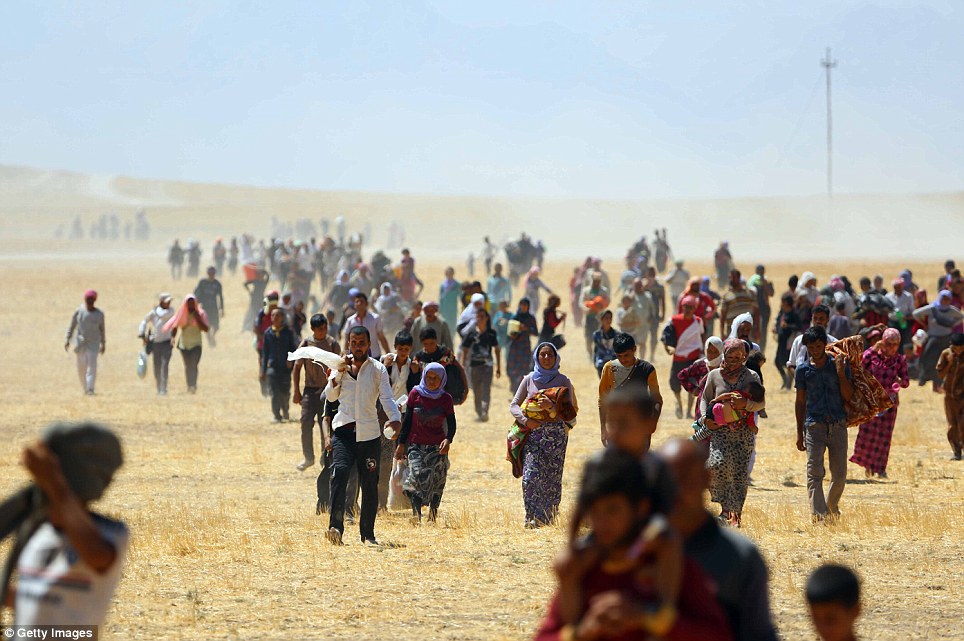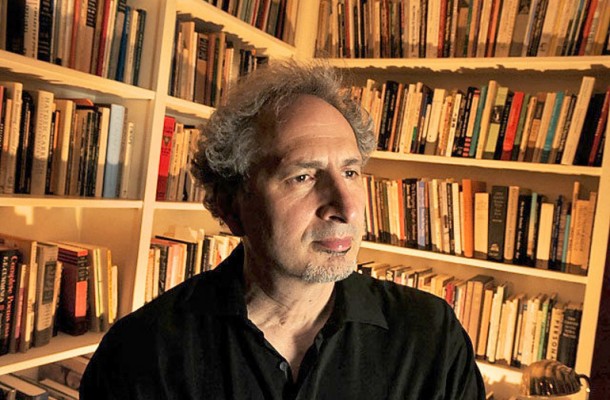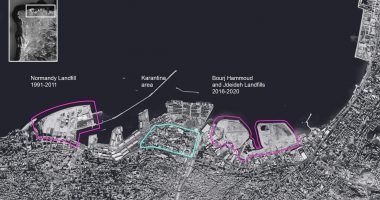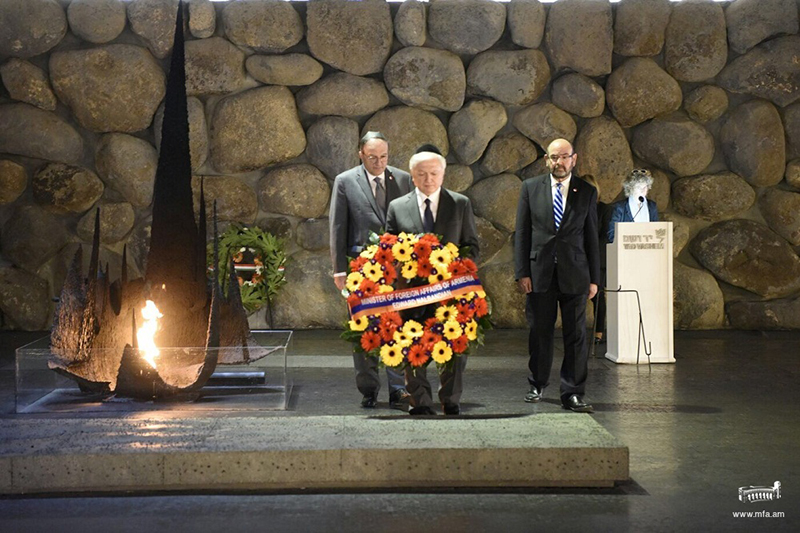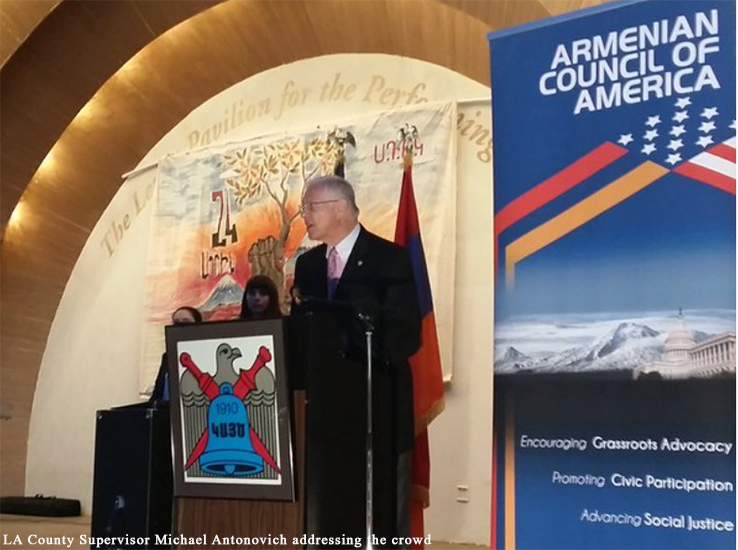By Hambersom Aghbashian
Kazim Gundogan (born in 1963 in Ovacik, Dersim-Tunceli,Turkey) is a Turkish historian, writer, social scientist and film producer. He left Dersim after the military coup of 1980 and moved to Istanbul. He was sentenced to a total of ten years imprisonment because of his political stands and was kept in different prisons. Finally he was released in 2002. His articles and researches appeared in various newspapers and magazines under different names. Kazim Gundogan continues his work as a researcher and has participated in many conferences concerning the Ottoman empire’s late history, the Armenian Genocide, and especially the Armenians of Dersim, who were survived, converted to Islam and lost everything. Gundogan is the author of “Kesis`in Tourinlari: Dersimli Ermeniler” (Grandchildren of the Priest: Dersim Armenians) and the co-author of “Dersim’in Kayip Kizlari” (Lost Girls of Dersim-2012). Gundogan is also a film producer, and serves as executive producer. He produced “Two pinch Hair : The Lost Girls of Dersim,” “Hay Way Zaman” movies. He was a nominee for “Golden Orange Award” for Best Documentary (National). He is married and has one child.
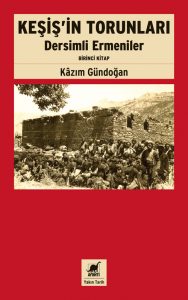

“Hrant Dink Vakfı / Hrant Dink Foundation”, organized a conference on Islamized Armenians: “Memory, Ethnicity, Religion: Dersim”. Panel 7 of the conference was chaired by Murat Yüksel, participants were Nezahat Gündoğan and Kazım Gündoğan, (Armenians in 1937-38 Dersim’s Tertele), Hranush Kharatyan, “I am from Dersim”: Avoiding Identity among Dersim Population and Alevized Armenians of Dersim, Gökçen B. Dinç,” Protected but Discriminated: Dersim Armenians”. The Conference, which was organized by Hrant Dink Foundation with the cooperation of Boğaziçi University history department and MalatyaHAYDer , with the support of Friedrich Ebert Foundation, Chrest Foundation and Olof Palme International Center, took place at Boğaziçi University’s Albert Long Hall during 2-4 November 2013. It was intended as a gateway to amplify the academic research on the issue, consisted of eight panels in three days, one round table meeting, one forum and one workshop. Simultaneously with the conference, movie screenings were arranged.
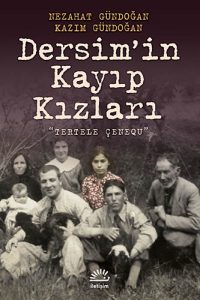

__________________________________
* Surb Karapet Monastery (Armenian: Մշո Սուրբ Կարապետ վանք), was an Armenian monastery in the historic province of Taron, about 30 km (19 mi) northwest of Mush, in present-day eastern Turkey-Western Armenia). The name is translated to “Holy Precursor” and refers to John the Baptist, whose remains are believed to have been stored at the site by Gregory the Illuminator in the early fourth century. The monastery subsequently served as a stronghold of the Mamikonians, the princely house of Taron, who claimed to be the holy warriors of John the Baptist, their patron saint. It was expanded and renovated many times in later centuries. By the 20th century it was a large fort-like enclosure with four chapels. It was considered the most important monastery in Western Armenia and the second most important of all Armenian monasteries after Etchmiadzin. From the 12th century the monastery was the seat of the diocese of Taron, which had an Armenian population of 90,000 in the early 20th century. The monastery was burned and robbed during the Armenian Genocide of 1915 and later abandoned. Its stones have since been used by the local Kurds for building purposes.
1- http://www.panarmenian.net/eng/news/203640/
2- http://www.hsozkult.de/conferencereport/id/tagungsberichte-6445

